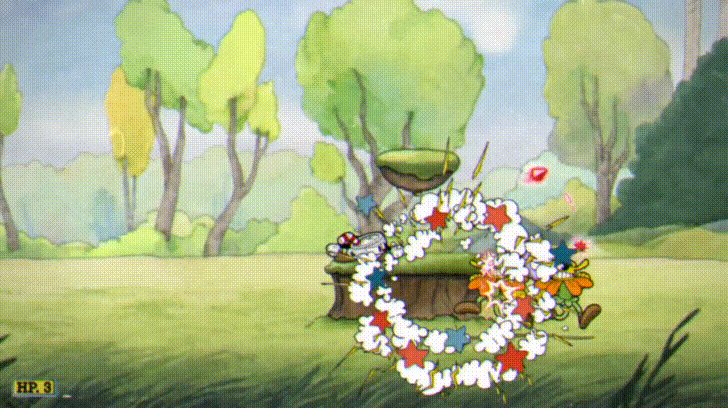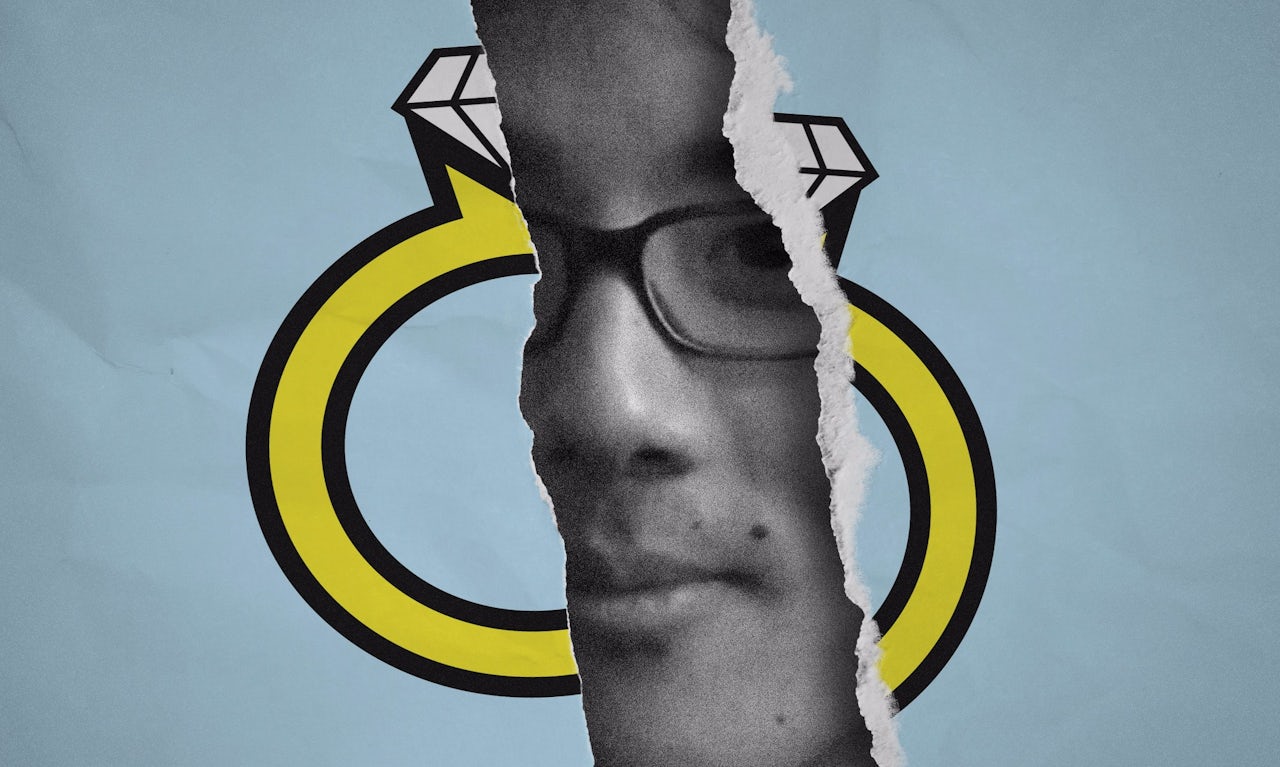A coalition of people who play video games and also like to yell online is up in arms this week over a 26-minute video of VentureBeat gaming writer Dean Takahashi playing Cuphead, a soon to be released game for Xbox and PC.
The video, which has been viewed more than half a million times since it was uploaded on August 24, has been called “grossly negligent” and “pathetic.” YouTube commenters suggested it would be appropriate for Takahashi to kill himself and wondered if he was “retarded.” It triggered multiple Reddit threads and a slew of YouTube reaction videos including “Venturebeat Can't Cuphead - Games Journalism Fail” and “Dean's Shameful Cuphead Demo Vs Pigeon Intelligence Test.” Gamergater supporter Ian Miles Cheong, formerly a writer for the now defunct Heat Street and now at Tucker Carlson’s Daily Caller, has been tweeting incessantly about the video for five days, most recently after he recruited a 4-year-old to provide commentary on the video.
“So, there's a lot of people saying I'm not qualified to do my job, and then it escalates to ‘I should go fuck myself,’ ‘you're shit,’ ‘how can you be paid to play games,’ and ‘you should go kill yourself,’” Takahasi told The Outline. “Fortunately, it's never gotten worse than that.”
Takahashi, the lead writer for VentureBeat’s vertical GamesBeat, has worked as a journalist for 25 years. His previous gigs include The Wall Street Journal, where he covered chip manufacturers like Intel in the 90s, and before that, The Los Angeles Times. He recorded the video that would make make thousands of people mad online at Gamescom, the gaming trade show in Germany. His crime? He played the game poorly, struggling to complete the tutorial and then dying repeatedly once he got into the actual game. VentureBeat titled the video, “Cuphead gameplay: Dean embarrasses himself for 26 minutes.” Takahashi wrote, “I suck at Cuphead. Let’s get this out of the way,” and pokes fun at himself during his short review.
The disclaimer didn’t save him.
Cheong’s initial tweet about the video has 12,000 retweets. “Game journalists are incredibly bad at video games,” Cheong seethed. “How do they think they're qualified to write about games?”
Takahashi said after that tweet blew up, “the anger really just sort of grew from that.”
Maybe it’s the ascendency of the alt-right, which has its roots in the Gamergate movement in terms of ideology and online mob mentality. Maybe it’s the fact that Zoe Quinn, Gamergate patient zero, is doing a book tour, prompting the people who harassed her mercilessly throughout 2014 to return in order to trash her Amazon reviews. Whatever the reason, it suddenly feels as if Gamergate never ended. The suspicion of the press is back, the menacing tweets are back; the sanctimonious rhetoric — “it’s about ethics in games journalism!” — used to justify what is essentially cyberbullying is back. Takahashi’s inability to play Cuphead shows that the emperor (games journalists) have no clothes (the ability to play games), which is an indictment of the empire (games journalism and also the mainstream media as a whole). John Bain, also known as Total Biscuit, a guy who makes content about video games on the internet, said the video shows a “harmful level of incompetence.”
Regardless of whether Takahashi is good at video games or good at journalism, it’s rich to suggest that his botched gameplay is harmful. This reflects the delusions of grandeur critical to the Gamergate mindset, where minor and imaginary offenses justify sustained harassment. Despite being the victim of an unhinged mob of ideologues, Takahashi is contrite; he has been patient and conciliatory with his critics. During a podcast in which his VentureBeat colleagues pointed out that his Cuphead demo happened in the middle of a long day, that the bulk of his job is not playing games like this, and that he was doing an interview at the same time, Takahashi said, “Those are excuses for bad game play I think. I would apologize to eveybody because I think they expected more from me and they didn't expect this kind of video as far as the tone goes. What I was thinking, which I've done many times in the past was that this was going to be a funny video as well. It was going to make people laugh. Making fun of myself as a gamer has led to many fun stories for me.” When The Outline asked if the blowup over his Cuphead video made him want to stop writing about games, he said it had dampened his enthusiasm but that at the end of the day he’s “stuck with covering games because I enjoy interviewing people, and I enjoy playing the games they make.”
In case you’ve buried the memory, the genesis of Gamergate was based on lies about the sex life of a female game developer, who allegedly slept with someone who had reviewed her game. The movement snowballed from there, targeting new victims including feminist critic Anita Sarkeesian and games developer Brianna Wu, and picking up advocates like Milo Yiannopoulos, the tech editor for Breitbart who had already made a name for himself as a culture warrior and right-wing internet shock jock. It turned out Gamergate was never about “ethics in gaming journalism” as its adherents claimed, but more about a way for self-identified gamers to release their pent up stress and anxiety on whoever had crossed them that week. Gamergate moves from one inflated faux scandal to the next in the name of “ethics in games journalism” while keeping its sights fixed on its real targets: feminists and those who are part of or interested in the indie games scene. This pattern of escalation has played out repeatedly since then. Pizzagate. The Ghostbusters backlash. Donald Trump.
Now, with Takahashi, Gamergate is returning to the fake controversy of its origins: ethics in video games journalism. The debate is ostensibly, “Should video game journalists be good at video games?” but it’s more like, “Is it OK to unleash all the firepower of an angry mob against a video games journalist who is bad at a video game?” According to Takahashi’s critics, nothing could be more justified. And if the Gamergate pattern continues, his critics will be hungry for their next target soon.

